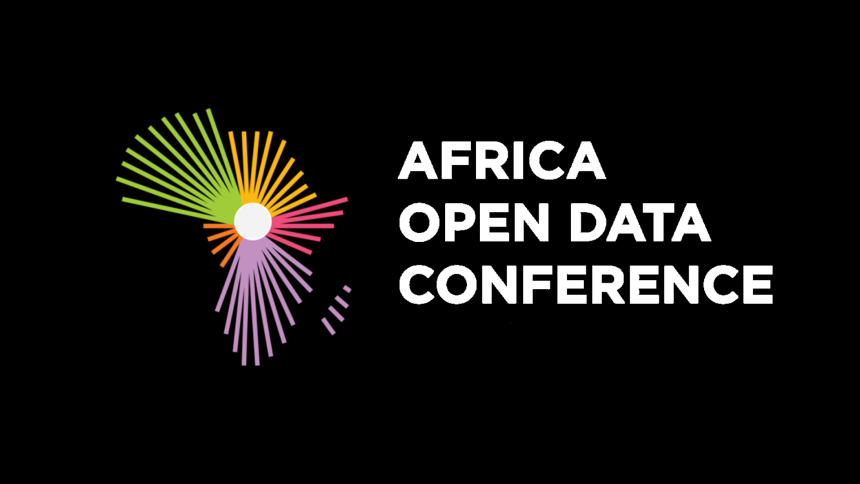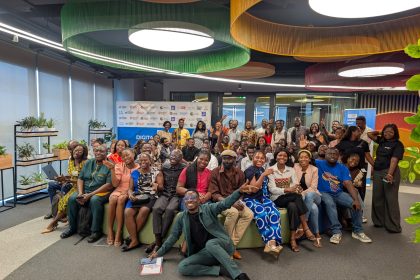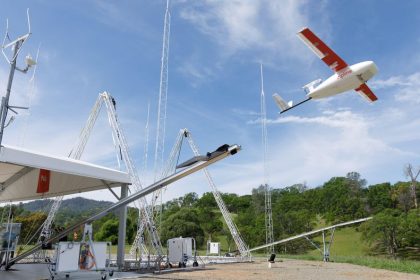The Open Data movement has been embraced by journalists and civic society groups around the world. Open data is the idea that some data or information should be freely available to everyone to use and republish as they wish, without restrictions from copyright, patents or other mechanisms of control.
At the Africa Data Conference which was held at the Accra International Conference Center, participants from various countries were in attendance to learn more about how open data could be used in various fields in Africa such as Health, Government and Journalism. There were various workshops and sessions held and I attended the workshop for how open data could be used to help investigative journalism.

Journalism and Open Data
The workshop session I attended was dubbed “Embracing Data Journalism In Newsrooms“. It was a session in which two participants from Premium Times (Nigeria) highlighted various open data resources they used to gather data about the Nigerian government and its spending. The panel was moderated by Chioma Agwuegbo (Reboot)
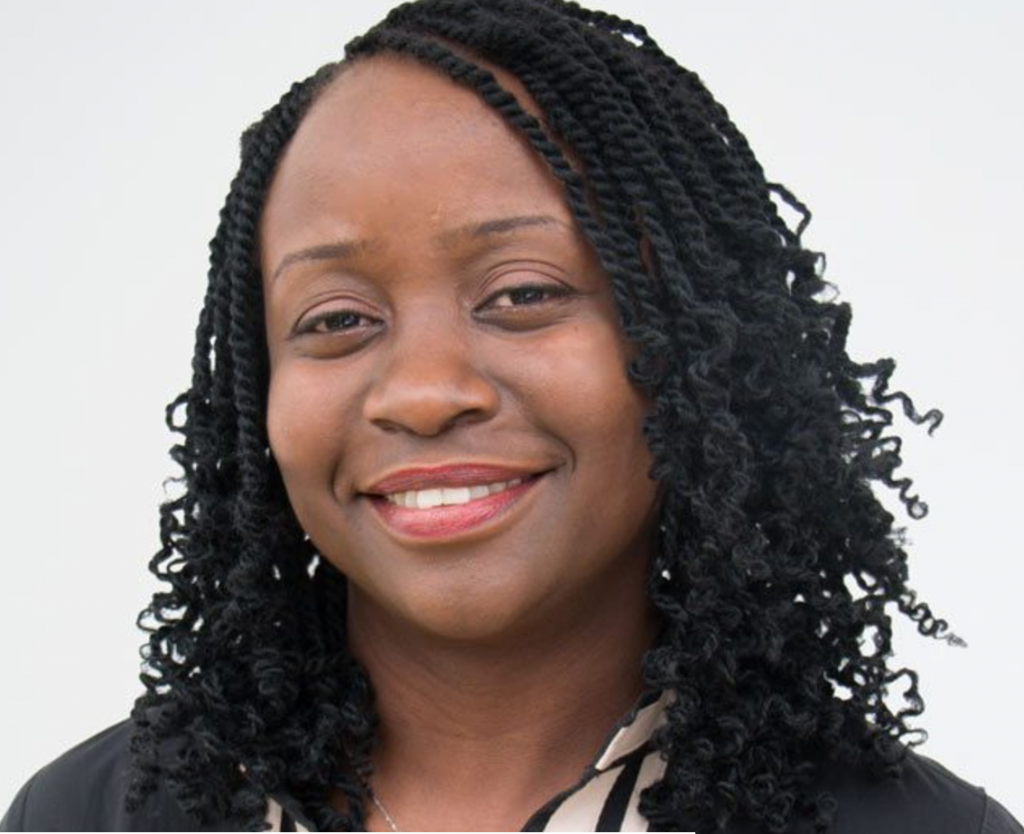

The panelists shared various resources and highlighted some data/information they managed to collect about the Nigerian government including military spending using an online resource called globalfirepower.com.
(FYI, Ghana is currently ranked 101 on this global fire power list)

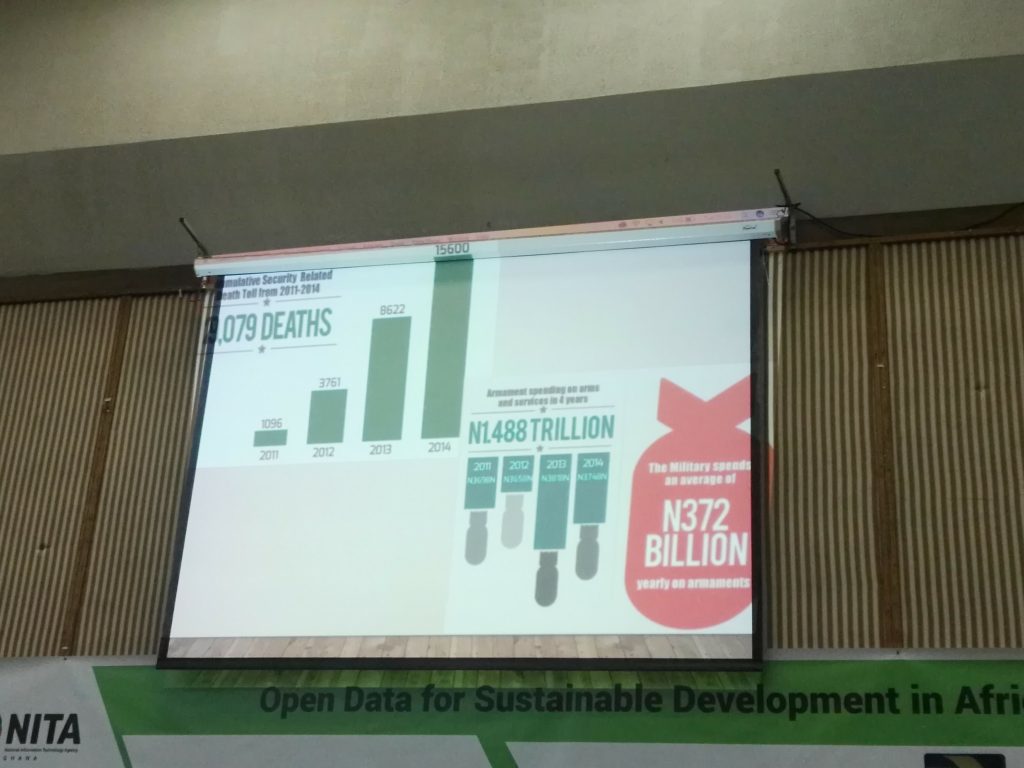

The panelists also highlighted a law/Act which was passed in Nigeria in 2011. The act is called the Freedom Of Information Act. It is a law which allows the public to request specific information.
The panelists did however say that, even though the law has helped with their investigative work, there are still some challenges with government officials making it difficult to retrieve some information. Most of the time, information is withheld by officials with the excuse that it has to do with “national security“.
The challenges faced by the panelists from Nigeria highlights similar challenges faced in Ghana with some certain information about Government work not being made public as well as the ever-increasing issue with the delay of passing the Right To Information Act in Ghana.
One interesting tidbit shared by the panelists was the fact that most news media houses did not have an investigative desk or investigative journalists. After surveying most of the media, they found out that majority tend to do more of repetition or passive news reporting by sharing statements or press releases instead of actively pursuing news.
These challenges of obtaining data for analysis were later highlighted in a session with Odekro, a civic society organisation with the goal to provide public online access to Bills, Motions and Parliamentary debates.

Members of Odekro highlighted the fact that most of the work they do is not favored by some members of Parliament even though most of the data collected is objective and transparent. What tends to happen is that media houses in Ghana read Odekro’s reports and print out sensationalized headlines.
Odekro highlighted the challenges of collecting data from Parliament proceedings and stated how the reports from Parliament Committee meetings tends to be “vague” and non-specific.
Where Does Investigative Journalism Go From Here?
There are lots of open data sources which can be used to help investigative journalism in Ghana. But are most media houses interested?
Ghana has an Open Data Initiative which is a portal that houses data from different sectors of society. However, it’s not as up to date as it should be. For example, the Energy section of the website has no data available. (FYI, this project was started in 2012)

So the question is: How does the unavailability of certain data affect journalism? Does the journalism community in Ghana even care about Open Data? And, when will we ever see our version of Nigeria’s Freedom To Information Act signed into law?
It would seem that our media houses are attracted to the drama and gossip and seem to have the culture of “cut and paste” when it comes to news stories.
We can’t be leaving all the investigative work to Anas Aremeyaw Anas to shed light on what’s happening in Ghana. I’m sure there are a lot of things happening behind the scenes in Ghana which need to be uncovered. Open Data may not have all the answers we’re looking for but at least, it can point journalists in the right direction.
About Africa Open Data Community
The Africa Open Data Community is a convening space for tech industry, small businesses, journalists, civic technologists, entrepreneurs, researchers, students, IT solution providers, banks, telecoms, insurance companies, NGO’s, donor organizations, and local and national governments to connect virtually and in person to share advances in open data, share lessons, and form new collaborations. The community seeks a transparent, open dialogue and concrete action on common challenges and shared solutions for communities and partners across Africa.



